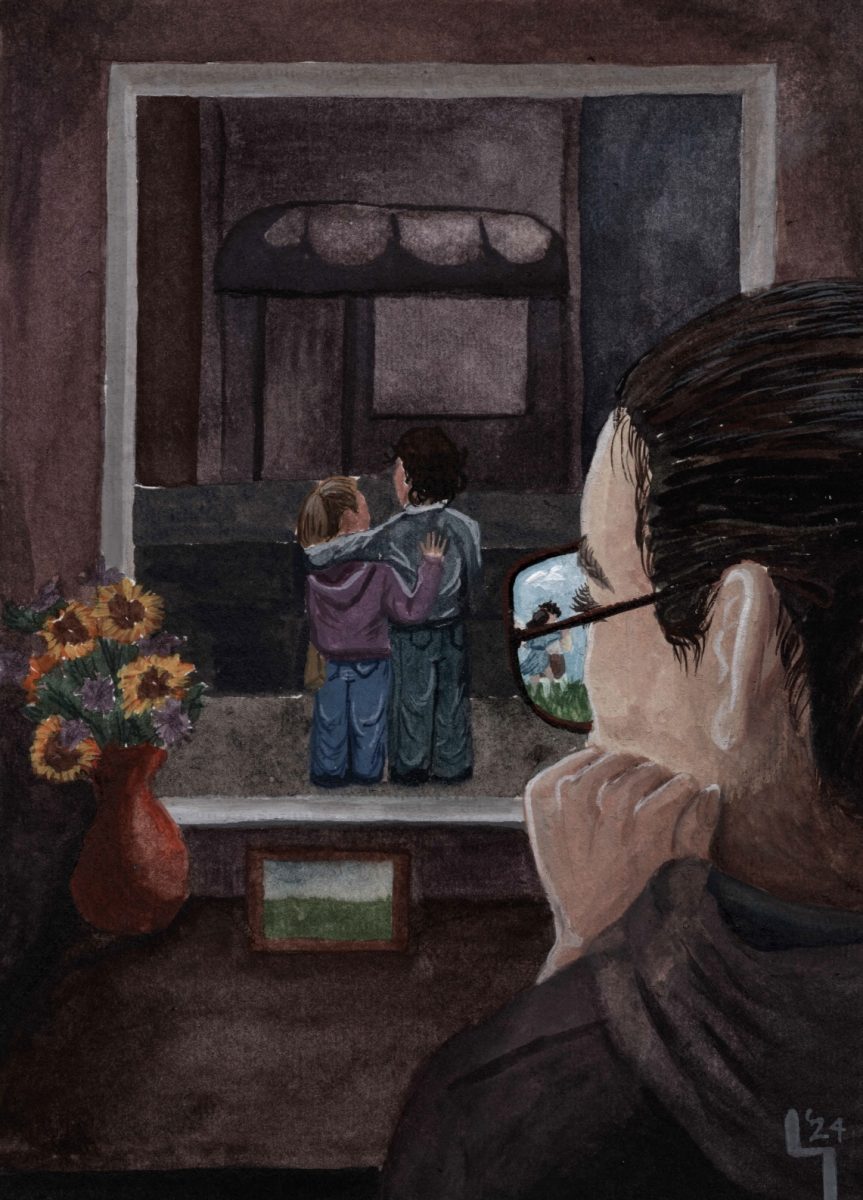On Jan. 11, President Joe Biden gave a speech in which he made some rather outlandish claims that were, at the very least, concerning. Although we have arrived at a time in history in which we have come to expect a certain degree of boldness and animosity in politics, there is such a thing as going too far. Pundits on both sides of the aisle love making hyperbolic claims which serve to divide our nation, and despite what he says, Biden’s speech is a prime example. Putting aside all political affiliations and preferences, just look at Biden’s rhetoric.
Biden argues that those who are passing legislation concerning voter fraud and election security are being subversive and trying “to turn the will of the voters into a mere suggestion,” as he puts it. He goes so far as to insinuate that in Georgia, “loyalists” of former President Donald Trump will effectively disenfranchise five million people.
It looks as though the shoe is on the other foot, seeing how the former president and his allies were claiming that the Democrats stole the 2020 election just over two years ago. Now, it is the Republicans who are undermining our democracy.
Biden makes it quite clear, if one votes against this bill, they will be remembered in history as one who refused to stand against “voter suppression” and “election subversion.”
Very serious claims.
Furthermore, Biden asserts that senators must choose sides. They are either, “on the side of Dr. King or George Wallace … John Lewis or Bull Connor.” The president even points out that Strom Thurmond, a staunch segregationist, voted to extend the Voting Rights Act of 1965 when he was still in the Senate. These comments only compliment his assertion that we are dealing with a “Jim Crow 2.0.” On the surface that statement is misleading and derisive.
Politically speaking, this speech, and the initiatives and legislation it concerns, is a shrewd, strategic move. Demagogic in tone and style, he is clearly trying to cajole senators to vote for this legislation. He strives to corner them by affiliating those who vote against the bill in question with racists, and claims his political opponents, the Republicans, are subversive actors, trying to steal our elections.
Again, replace Republicans with Democrats in the previous sentence and it sounds like something former President Trump might have said. If we get indignant about Trump’s seemingly outlandish claims, should we not get indigent over Biden’s? Both flout rhetoric about democracy, and how sacred the right to vote is, stirring up in their supporters a patriotic fervor which moves them to action. Each side seems to think they are the protectors of fair and free elections, and to oppose them means you long for tyranny.
Couple this rhetoric with the propagation of the notion of majority rule, and we begin to lose sight of reality. As a nation, we have democratic principles, but we are not a direct democracy — we are a democratic republic. We elect representatives to serve us, namely in Congress. We do not simply bow to the will of a majority, especially evident when a president loses the popular vote but is still elected.
Besides, majority rule can be a dangerous thing, which is why our government has certain structures and rules protecting the rights of the minority. In the United States Senate, the filibuster is a prime example of a device that can help temper the majority, and, as the president himself pointed out, “generate compromise.” Despite its potential to be abused, it is worth considering whether we should organize our governing institutions to bend to the whims of public opinion. Human nature, when examined, is already capricious, influenced all too easily by passions and emotions. This kind of rhetoric only fuels animosity, and it would be prudent for the president, his allies and all who believe in removing the filibuster so majority rule will prevail, to consider that one day they might be in the minority, and as stated earlier, the shoe will indeed be on the other foot.
Ty Pargmann is a history sophomore and an opinion writer for The Battalion.















